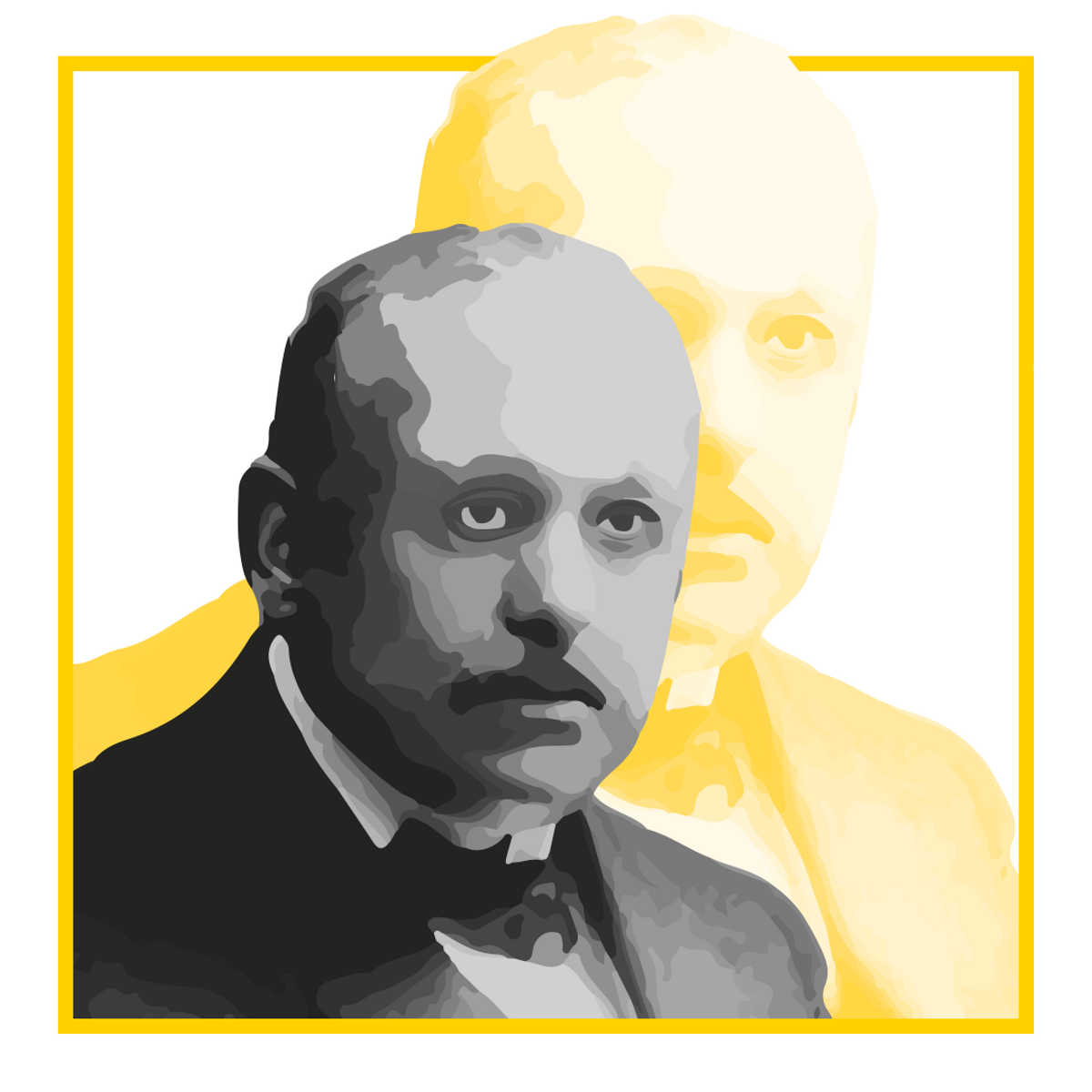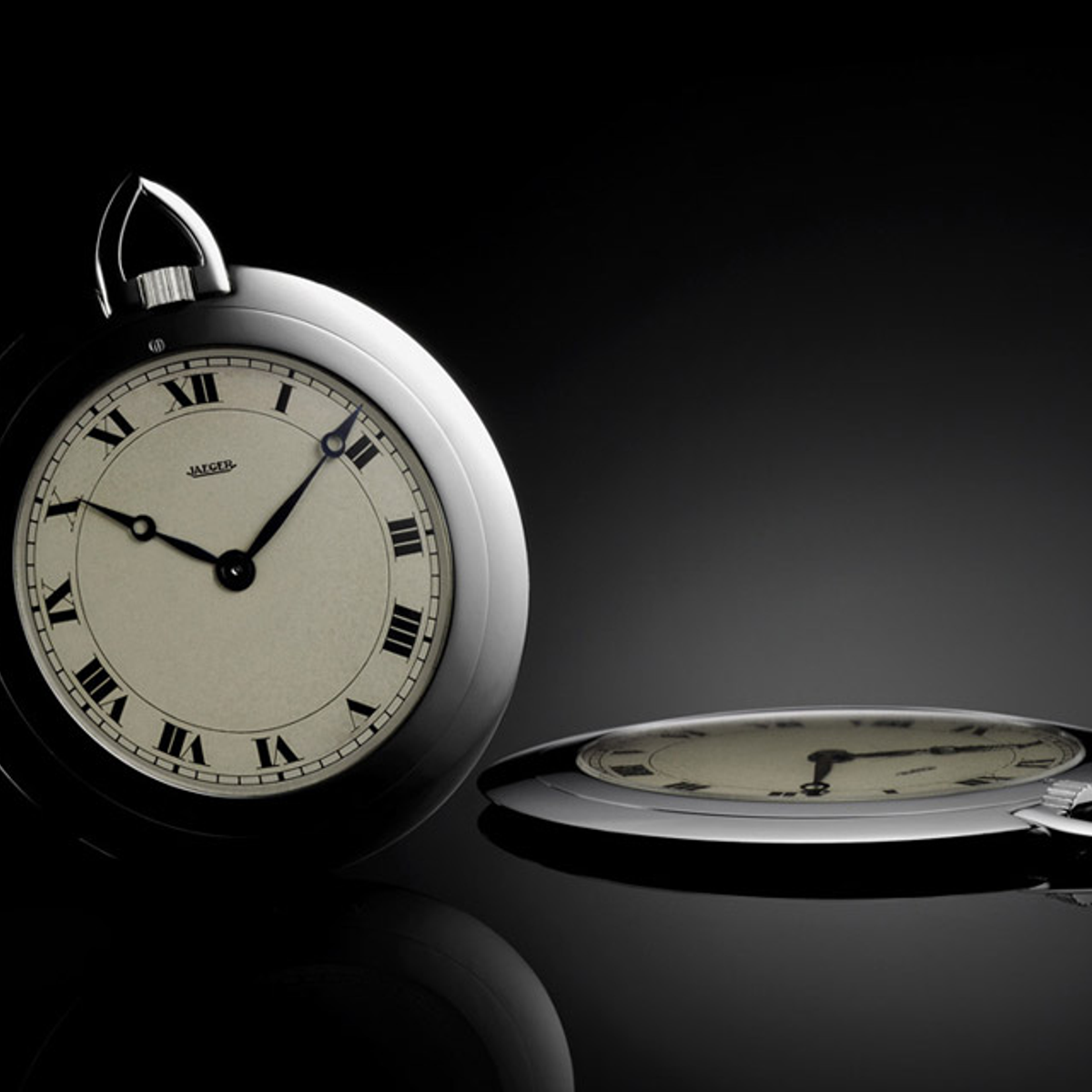Born in 1858, Edmond Jaeger left his native Alsace, with his family, at the outbreak of the Franco-Prussian War (1870-1871) and settled in Paris, where he opened his workshop in 1880. A specialist in instruments for measuring speed, such as tachymeters, cinemometers, chronographs and aircraft counters, he rapidly became watchmaker to the French Navy, to which he supplied his first deck chronometers in 1890. Meanwhile, in Switzerland, in 1900 Jacques-David Le Coultre took over at the head of the company his grandfather had founded, and which already employed more than five hundred people. The LeCoultre company, which for the next thirty years would make most of the ébauches for Patek, Philippe & Cie, already had an impressive track record, having developed 125 simple calibres and 31 of the most complicated calibres. When Jacques-David heard of Edmond Jaeger’s plan to make extra-thin watches, he readily accepted the challenge. The partnership, and soon friendship, between the two men gave rise to some extraordinary creations (and, in 1937, Jaeger-LeCoultre).

